It is, of course, with much sadness that I heard about the recent death of Tom Wolfe, who was without doubt a towering figure in literary circles for most of the second half of 20th century. Along with people like Hunter S. Thompson, and several other (mostly male) American writers of his generation, he turned journalism into literature, to be read for pleasure, inventing in the process a new kind of non-fiction and influencing generations of authors whose work I have been enjoying ever since. But for me, Tom Wolfe’s legacy is a decidedly mixed one.
In my youth, I loved the vivid, day-glo prose of his psychedelic classic, The Electric Kool-Aid Acid Test. As a window onto a world I knew very little about it was one of those books that broadened my horizons and helped me become aware that there are many more ways to live a life than my rather conventional upbringing had prepared me for. Another favourite was The Right Stuff, about the Mercury Seven astronauts, arguably the real pioneers of manned spaceflight (at least in the Western hemisphere), among the very first to venture off-planet, and lone-travellers in their single-seat capsules. It wasn’t just the incredible tales of the astronauts themselves that I enjoyed, but also the stories of those around them, their girlfriends, wives, and families, and the ground crew that supported them, which made the space race feel, to me at least, like a crazy mad adventure that (unlike the trips of Ken Kesey’s Merry Pranksters described in “…Acid Test”) everyone could buy into - at least that’s how I felt at the time - and it helped to fuel my life-long interest in science and technology.
The Electric Kool-aid Acid Test
When I was a bit older I read, and thoroughly enjoyed, From Bauhaus to Our House, Wolfe’s searing critique of the worst excesses of modernist architecture. It was bitingly funny and satirical, but actually, I gradually realised, I quite liked a lot of the buildings Wolfe was ridiculing. Although I was with him in his disdain for the cynical manipulation of public taste by those in power, which he so expertly took down, was I simultaneously allowing myself to be manipulated perhaps? Nevertheless, I thought I saw a conservatism coming through in his writing that I hadn’t noticed before and it didn’t sit well with me, which might be why I stopped reading his books after that. It wasn’t a deliberate, or even conscious, turning away, it was just that there were always other things I wanted to read more. So, I never read any of his fiction, which came later in his career, or the books he is now perhaps most lauded for, such as Bonfire of the Vanities. Wolfe’s right-wing credentials were confirmed when he came out as a supporter of George W. Bush, but I think his politics were more complicated and nuanced than this might suggest, and the claim that he was a racist because of derogatory remarks he made about the Black Panther Party in his book Radical Chic, in which he mocked all manner of left-wing intellectuals, are, I think, overstated; above all it seems he was a contrarian who delighted in taking an opposing view to whatever appeared to be the zeitgeist at the time.
As someone who has spent much of my adult life as an academic working in the field of evolutionary biology, for me, the last straw came with his book The Kingdom of Speech, which was strongly critical of Charles Darwin and his theory of evolution by natural selection, the cornerstone of modern biology. I haven’t read this book, so perhaps I shouldn’t comment on it, but I remember the furore it caused at the time of its publication for its anti-Darwinian stance. Some biologists saw value in Wolfe’s critique, not I think of Darwin as biologist, but of the way his ideas have sometimes been applied outside biology, but for most I think the feeling was something like ‘How dare this hack, without any formal training in biology, take on one of our most treasured icons?’. But of course, daring iconoclasm was what Tom Wolfe was all about, and he was well-versed in evolutionary theory, although for me at the time this felt like a step too far.
For these, and other reasons (like his affected style in later life of wearing white suits and carrying elaborately carved wooden canes – a harmless eccentricity perhaps, but one I found off-putting), I have been ambivalent about re-reading Wolfe’s books, or filling in the gaps, but his death has led me to reconsider. The other day I pulled “…Acid Test” off the shelf, and the first few pages immediately brought back the excitement I felt reading it for the first time all those years ago, so I think I will finish it. I’m not a big re-reader of books, but I think there are things in it that I will see quite differently this time. For example, in the opening scene, one of the hippies in the back of the van hurtling through the streets of San Francisco to meet Ken Kesey after his release from prison is none other than the environmentalist Stewart Brand. I wouldn’t have known who he was when I first read the book, but since then I have read some of Brand's own books, and followed his more recent enthusiasm for de-extinction (another controversial topic, which I will perhaps re-visit in another blog). I think there’s a good argument to be made that “…Acid Test” is a modern classic that should be widely read. I’m not so sure about “The Right Stuff”, which I don’t intend to read again. I don’t think Wolfe’s glorification of the test pilots, turned early astronauts, and their male-dominated world would seem so appealing to me this time round, and in any case, since then I’ve read lots of other books on the subject that I would far rather read again (again, a subject for another blog). I’m not sure about re-reading “Our House to Bauhaus”, and it’s not a field I’ve continued to follow or read many other books about, but for satirical bite I think I might try The Painted Word, which I haven’t read before, but is on a similar topic and of a similar vintage. As for the fiction, I think I might leave that for my retirement.
In the end, my remembered fondness for Wolfe’s early books must trump my reservations about his later work. Despite his flaws, I think my reading life has been significantly enriched by my encounters with Wolfe’s writing and those he influenced, and for that I am very grateful.
Farewell Tom, and thank you!
Find Tom Wolfe's works in our collection.



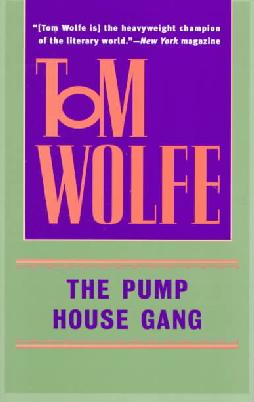
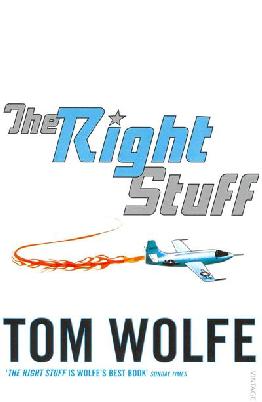
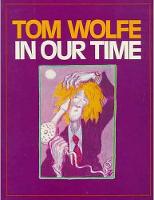
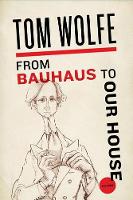
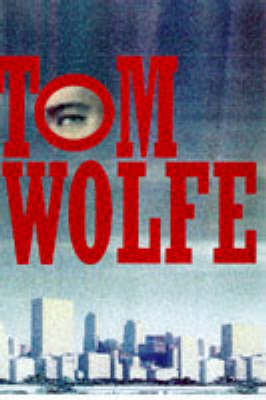
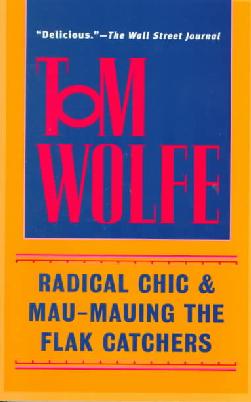
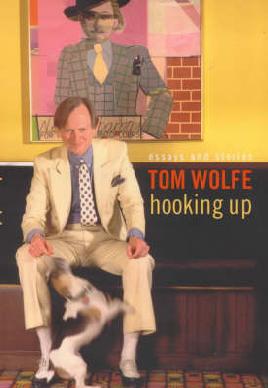
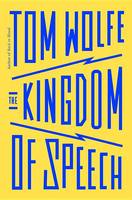
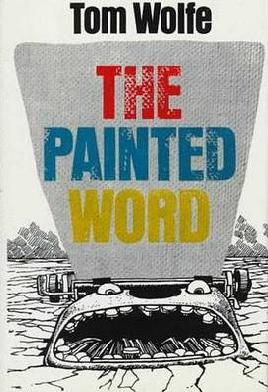
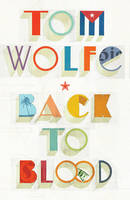

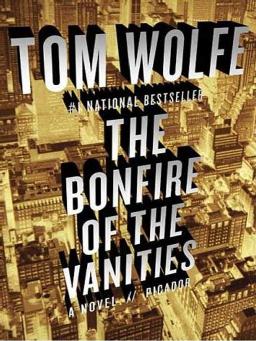


Add a comment to: Remembering Tom Wolfe – a personal view